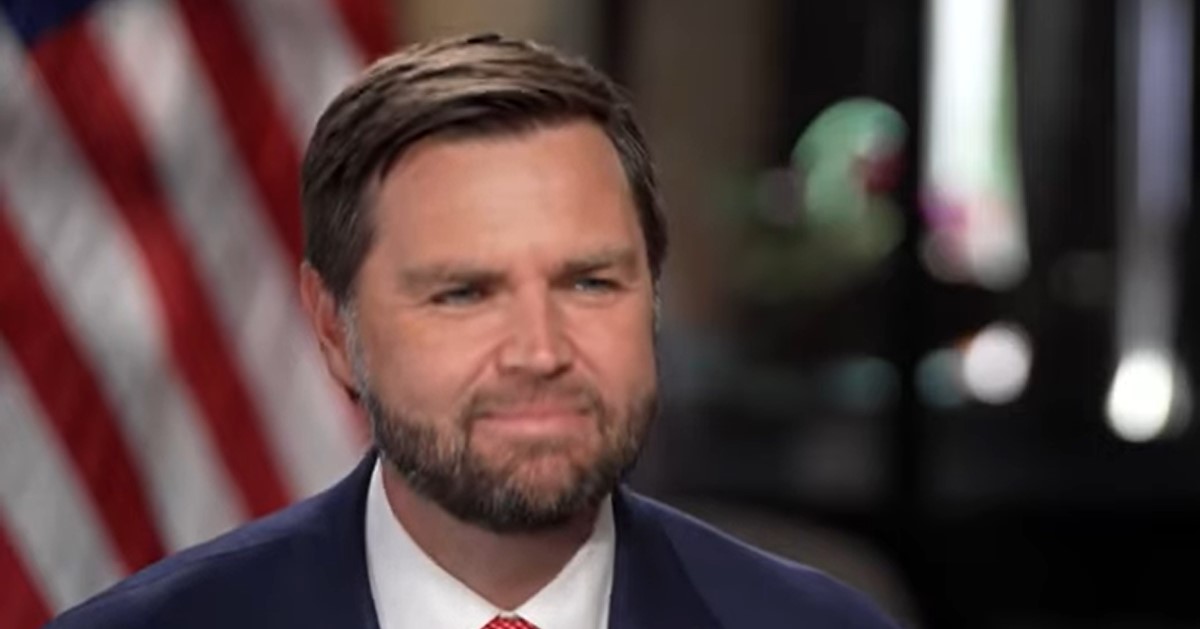Kennedy, Rollins may join forces to ban use of SNAP benefits for unhealthy foods
Though he was initially viewed by many as one of President Donald Trump's most controversial Cabinet picks, Robert F. Kennedy, Jr. achieved Senate confirmation as the country's new Health and Human Services secretary last week.
Already hitting the ground running to make his Make America Health Again (MAHA) agenda a reality, Kennedy is taking swift action to address, among other things, the nation's obesity and chronic illness epidemics, potentially even banning the use of food stamps to purchase sugary drinks and other junk food, as the New York Post reports.
Food stamp priorities under review
According to Brooke Rollins, Trump's new Agriculture secretary, plans are afoot for her agency to work in conjunction with Kennedy, HHS, and the Department of Government Efficiency (DOGE) to examine the prioritization of healthy foods within the federal food stamp structure, also known as the Supplemental Nutrition Assistance Program (SNAP).
Rollins underscored the significant expansion of SNAP that has taken place in recent years, stating, “Truly, this program has grown so large, especially in the last administration. Under Biden, I think [SNAP] grew almost 30% more than before.”
She added, “We really need to look at where that money is going, what it's being spent on.”
Suggesting that there will be a multi-agency, collaborative approach to reform, Rollins continued, “I look forward to working with Bobby Kennedy as we figure out, 'Do we have the healthiest choices?' So, when a taxpayer is putting money into SNAP, are we OK with us using their tax dollars to feed really bad food and sugary drinks to children who perhaps need something more nutritious?”
Though Rollins -- and Kennedy -- clearly want to urge Americans to adopt healthier diets and may look to the SNAP program as a vehicle to help achieve that goal, she also said, “Will we ever take food out of a hungry child's mouth? Of course not, this is the United States of America.”
Legislative routes toward reform
Earlier this year, Rep. Josh Brecheen (R-OK) proposed the “Healthy SNAP ACT” to remove a large number of junk food items from the list of food-stamp-eligible purchases, offering a legislative path to help fulfill the objectives laid out by Rollins and Kennedy, as Fox News noted.
Brecheen explained, “President Trump has been given a mandate by the majority of Americans to Make America Health Again, and those in his administration, like RFK Jr. and Senator Marco Rubio, have directly advocated for eliminating junk food purchases with SNAP.”
The lawmaker elaborated, adding, “If someone wants to buy junk food on their own dime, that's up to them. But what we're saying is, don't ask the taxpayer to pay for it and then also expect the taxpayer to pick up the tab for the resulting health consequences.”
Among the items that would fall under Brecheen's ban are things such as “soft drinks, candy, ice cream, prepared desserts such as cakes, pies, cookies, or similar products.”
Another measure that has garnered support from Democrat Sen. Cory Booker (NJ) would facilitate governmental collection of additional data on SNAP purchases and would “add improving nutrition security and diet quality to Congress' declaration of policy for SNAP.”
RFK articulates pragmatic approach
Given that he has frequently analogized popular, ultra-processed foods to poison, RFK might personally like to see the sorts of foods covered by Brecheen's bill – and the additives they contain – banned from consumption altogether, but he also understands the legal and political realities he faces in his quest to make America healthy again.
Assuring senators during his confirmation process that he grasps the practical parameters of his new role, Kennedy declared, “I don't want to take food away from anybody. If you like...a McDonald's cheeseburger, Diet Coke...you should be able to get them...[b]ut you should know what the impacts are on your family and on your health,” and with his tenure at the helm of HHS now underway, that seems more likely than ever before.




